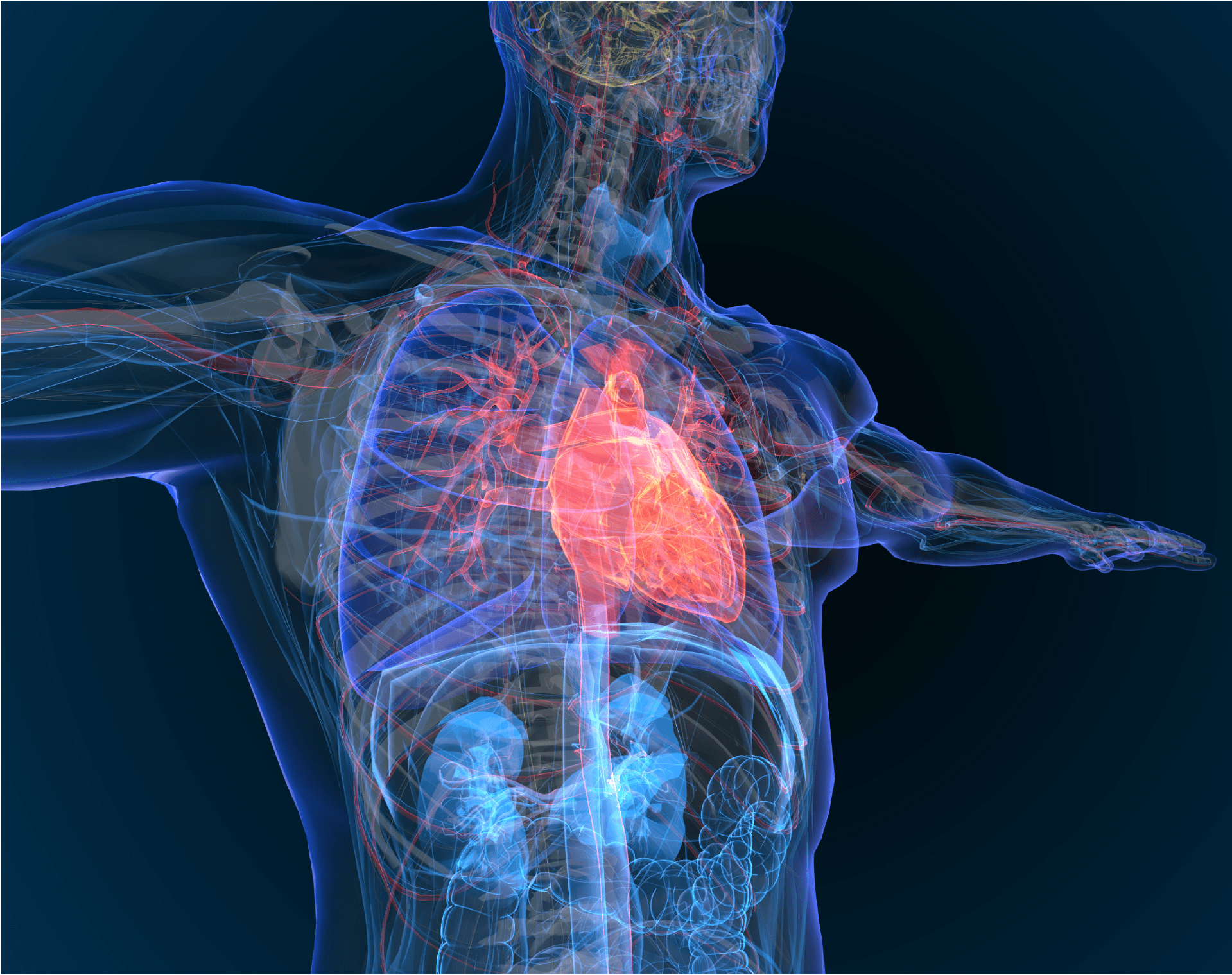

Health Management Insight: Coronary heart disease
Coronary heart disease (CHD) is a common and serious condition in which the blood vessels supplying the heart are narrowed or blocked.
Deaths from CHD have declined in recent decades, but the illness still claims around 63,000 lives in the UK each year. Around one-in-eight men and one-in-13 women die from the disease.
What is CHD?
Just like any other muscle in the body, the heart needs a blood supply.
In a healthy heart, blood flow is free and easy. In a heart affected by CHD, the flow becomes restricted.
Coronary arteries provide blood to the heart - but can become blocked by fatty deposits.
Once this begins, it reduces blood flow and can cause the arteries to narrow.
This eventually leads to CHD, as the heart can no longer receive a healthy blood supply
What should I look out for?
CHD develops slowly over time and the symptoms can be different for everyone. Some common symptoms include:
- Chest pain (a medical condition known as angina)
- Shortness of breath, especially on exertion
- Pain throughout the body
- Dizziness, feeling light-headed or faint
- Feeling sick (nausea)
There are a variety of risk factors that can influence CHD. You can reduce your risk by making simple lifestyle changes, such as exercising more and having a healthy diet.
Read some of the common risk factors below:
- Smoking
- Excessive alcohol consumption
- High cholesterol
- High blood pressure
- Diabetes
- Being overweight or obese
- Family history
- Ethnicity
- Age
- Chronic stress (from raising other risk factors such as high blood pressure).
The main treatments for CHD are healthy lifestyle changes and medicines. Surgery may be needed in severe cases.



